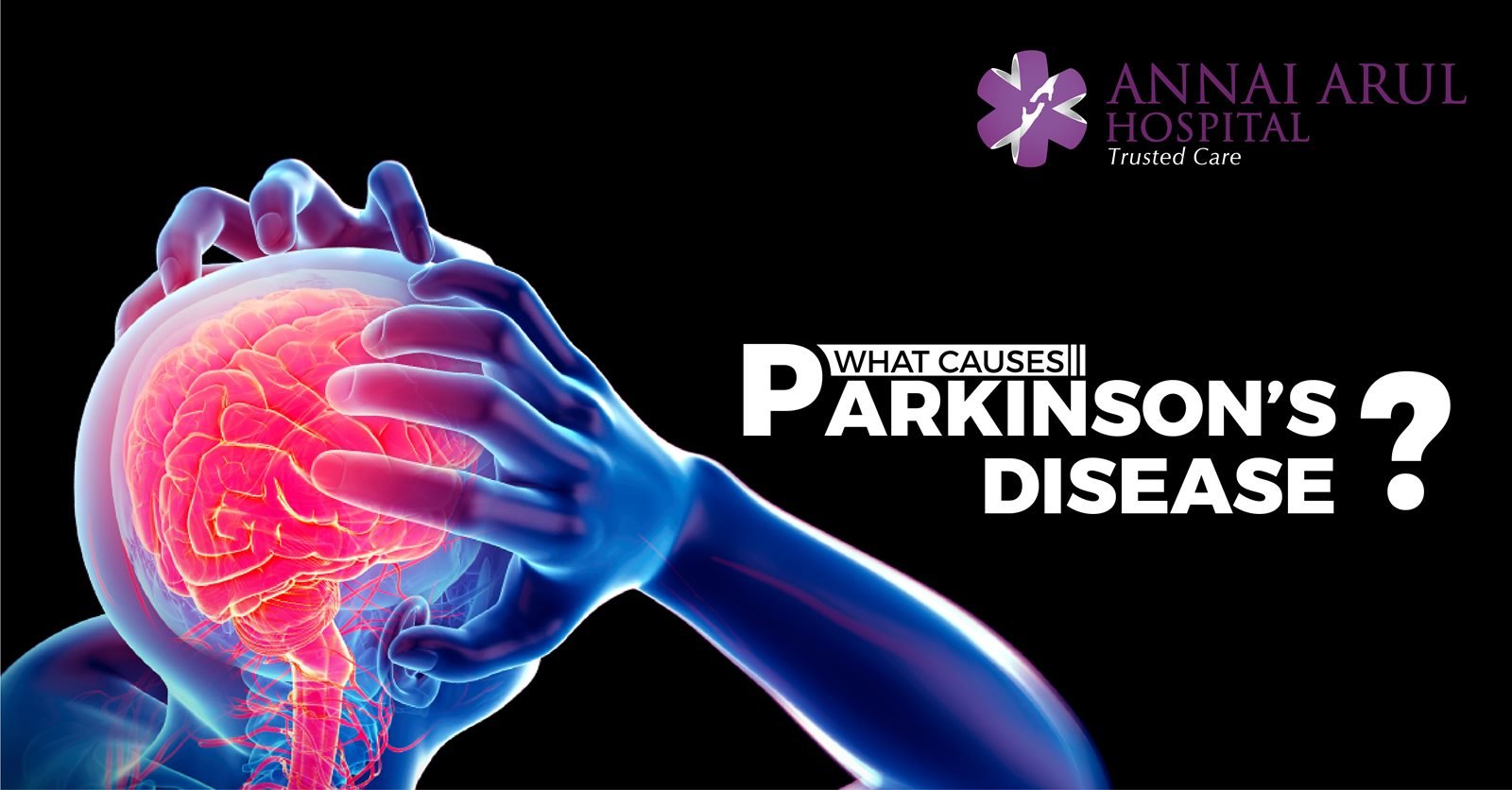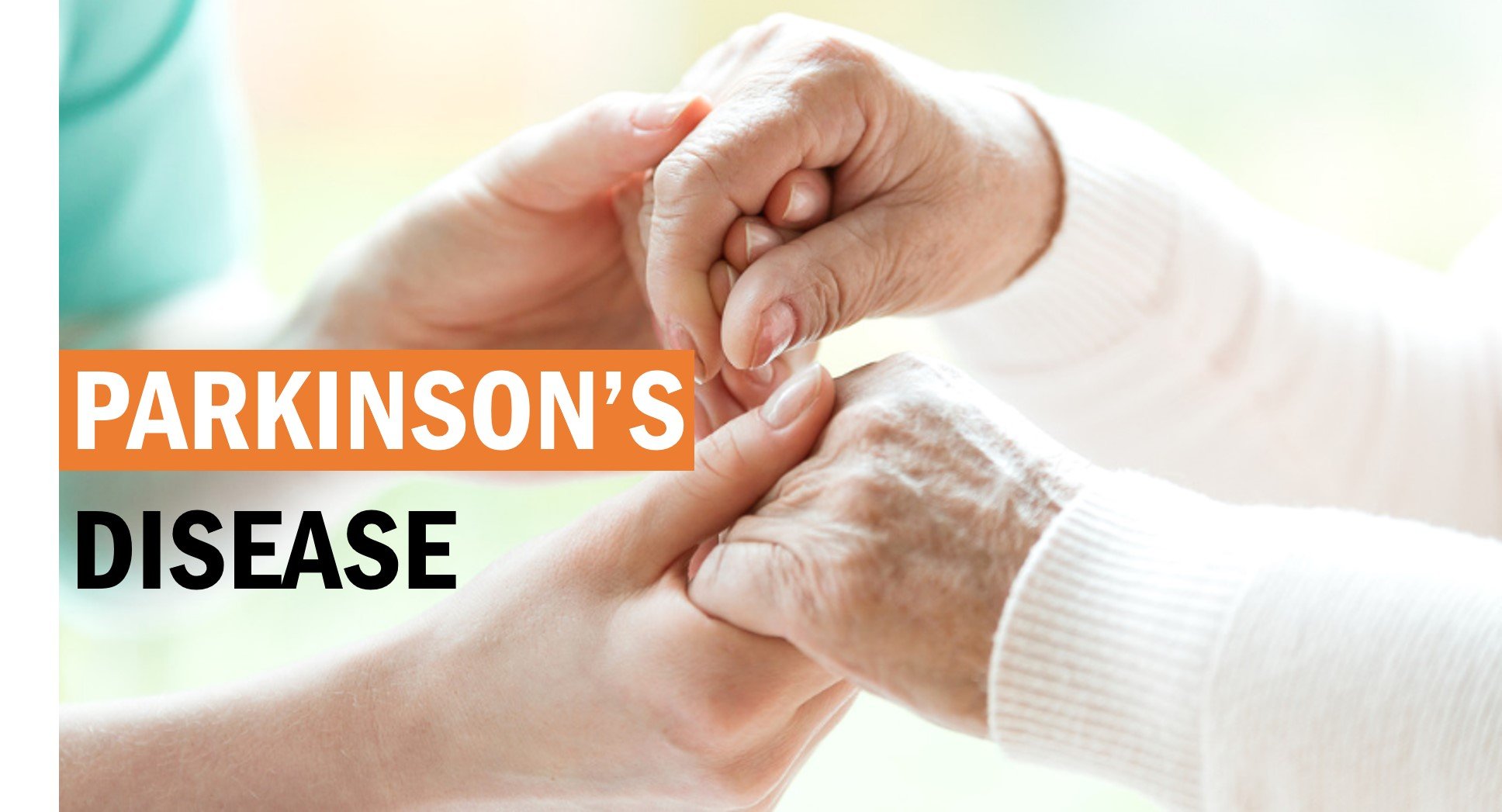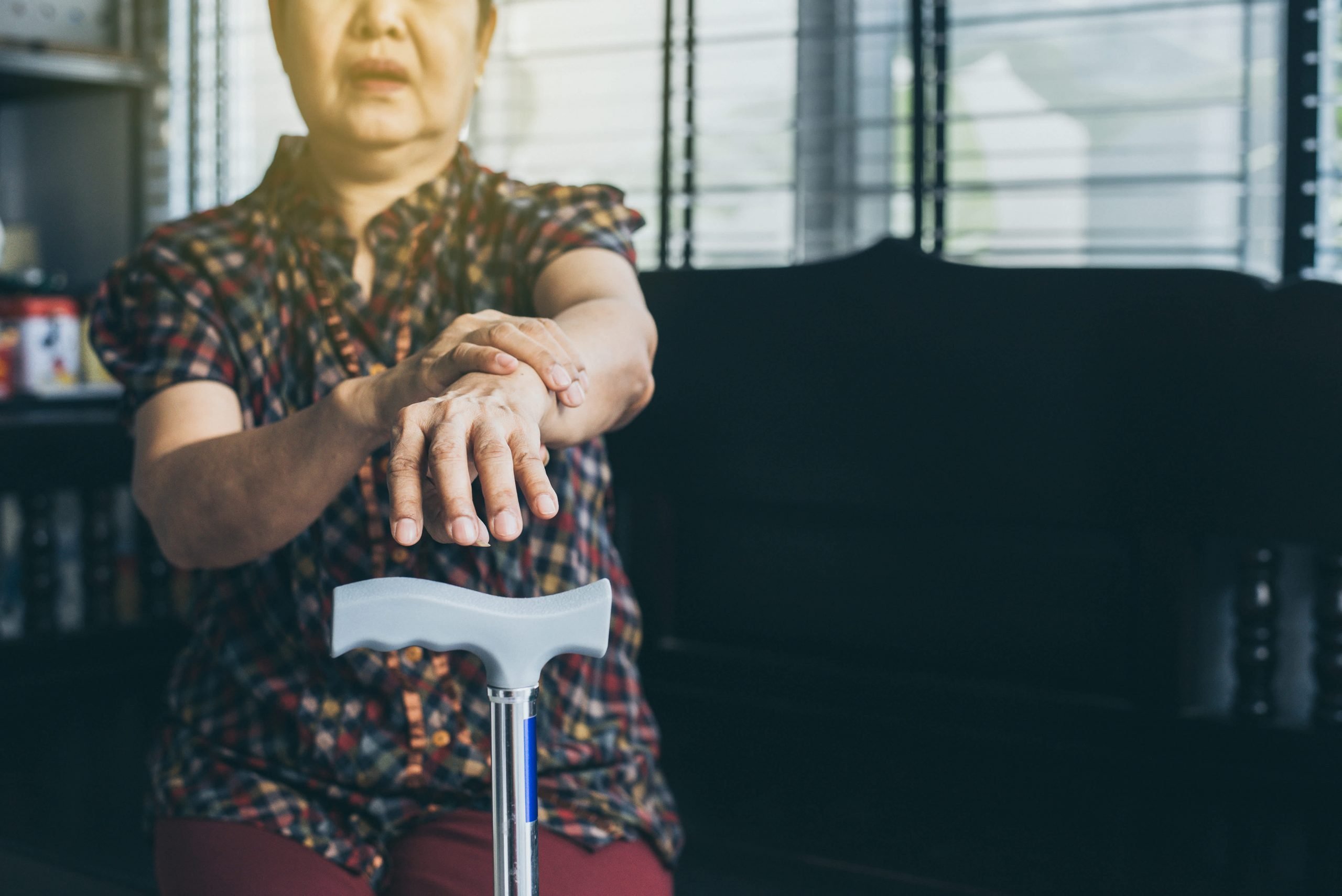What Are The Symptoms
The four main symptoms of Parkinson’s are:
- Tremor, which means shaking or trembling. Tremor may affect your hands, arms, or legs.
- Stiff muscles.
- Slow movement.
- Problems with balance or walking.
Tremor may be the first symptom you notice. It’s one of the most common signs of the disease, although not everyone has it.
More importantly, not everyone with a tremor has Parkinson’s disease.
Tremor often starts in just one arm or leg or on only one side of the body. It may be worse when you are awake but not moving the affected arm or leg. It may get better when you move the limb or you are asleep.
In time, Parkinson’s affects muscles all through your body, so it can lead to problems like trouble swallowing or constipation.
In the later stages of the disease, a person with Parkinson’s may have a fixed or blank expression, trouble speaking, and other problems. Some people also lose mental skills .
People usually start to have symptoms between the ages of 50 and 60. But sometimes symptoms start earlier.
How Is Parkinson’s Disease Treated
If a doctor thinks a person has Parkinson’s disease, there’s reason for hope. Medicine can be used to eliminate or improve the symptoms, like the body tremors. And some experts think that a cure may be found soon.
For now, a medicine called levodopa is often given to people who have Parkinson’s disease. Called “L-dopa,” this medicine increases the amount of dopamine in the body and has been shown to improve a person’s ability to walk and move around. Other drugs also help decrease and manage the symptoms by affecting dopamine levels. In some cases, surgery may be needed to treat it. The person would get anesthesia, a special kind of medicine to prevent pain during the operation.
Causes Of Parkinson’s Disease
Parkinson’s disease is caused by a loss of nerve cells in part of the brain called the substantia nigra. This leads to a reduction in a chemical called dopamine in the brain.
Dopamine plays a vital role in regulating the movement of the body. A reduction in dopamine is responsible for many of the symptoms of Parkinson’s disease.
Exactly what causes the loss of nerve cells is unclear. Most experts think that a combination of genetic and environmental factors is responsible.
Recommended Reading: What Are Early Warning Signs Of Parkinson’s Disease
The Nervous System & Dopamine
To understand Parkinson’s, it is helpful to understand how neurons work and how PD affects the brain .
Nerve cells, or neurons, are responsible for sending and receiving nerve impulses or messages between the body and the brain. Try to picture electrical wiring in your home. An electrical circuit is made up of numerous wires connected in such a way that when a light switch is turned on, a light bulb will beam. Similarly, a neuron that is excited will transmit its energy to neurons that are next to it.
Neurons have a cell body with branching arms, called dendrites, which act like antennae and pick up messages. Axons carry messages away from the cell body. Impulses travel from neuron to neuron, from the axon of one cell to the dendrites of another, by crossing over a tiny gap between the two nerve cells called a synapse. Chemical messengers called neurotransmitters allow the electrical impulse to cross the gap.
Neurons talk to each other in the following manner :
The 5 Stages Of Parkinsons Disease

Getting older is underrated by most. Its a joyful experience to sit back, relax and watch the people in your life grow up, have kids of their own and flourish. Age can be a beautiful thing, even as our bodies begin to slow down. We spoke with David Shprecher, DO, movement disorders director at Banner Sun Health Research Institute about a well-known illness which afflicts as many as 2% of people older than 65, Parkinsons Disease.
Don’t Miss: What Are Early Warning Signs Of Parkinson’s Disease
Is Parkinsons Disease Fatal
Parkinsons disease itself doesnt cause death. However, symptoms related to Parkinsons can be fatal. For example, injuries that occur because of a fall or problems associated with dementia can be fatal.
Some people with Parkinsons experience difficulty swallowing. This can lead to aspiration pneumonia. This condition is caused when foods, or other foreign objects, are inhaled into the lungs.
Symptoms Of Parkinsons Disease
Parkinson’s disease has four main symptoms:
- Tremor in hands, arms, legs, jaw, or head
- Stiffness of the limbs and trunk
- Slowness of movement
- Impaired balance and coordination, sometimes leading to falls
Other symptoms may include depression and other emotional changes difficulty swallowing, chewing, and speaking urinary problems or constipation skin problems and sleep disruptions.
Symptoms of Parkinsons and the rate of progression differ among individuals. Sometimes people dismiss early symptoms of Parkinson’s as the effects of normal aging. In most cases, there are no medical tests to definitively detect the disease, so it can be difficult to diagnose accurately.
Early symptoms of Parkinson’s disease are subtle and occur gradually. For example, affected people may feel mild tremors or have difficulty getting out of a chair. They may notice that they speak too softly, or that their handwriting is slow and looks cramped or small. Friends or family members may be the first to notice changes in someone with early Parkinson’s. They may see that the person’s face lacks expression and animation, or that the person does not move an arm or leg normally.
People with Parkinson’s often develop a parkinsonian gait that includes a tendency to lean forward, small quick steps as if hurrying forward, and reduced swinging of the arms. They also may have trouble initiating or continuing movement.
Recommended Reading: Can Parkinson’s Run In The Family
Delayed Administration And Contraindicated Drugs Place Hospitalized Parkinsons Disease Patients At Risk
Problem: One-third of all patients with Parkinsons disease visit an emergency department or hospital each year, making it a surprisingly common occurrence.1 The disease affects about 1 million people and is currently the fourteenth leading cause of death in the US. Hospitalization can be risky for patients with Parkinsons disease when viewed from the perspective of pharmacological management.
Patients with Parkinsons disease require strict adherence to an individualized, timed medication regimen of antiparkinsonian agents. Dosing intervals are specific to each individual patient because of the complexity of the disease. It is not unusual for patients being treated with carbidopa/levodopa to require a dose every 1 to 2 hours. When medications are not administered on time, according to the patients unique schedule, patients may experience an immediate increase in symptoms.2,3 Delaying medications by more than 1 hour, for example, can cause patients with Parkinsons disease to experience worsening tremors, increased rigidity, loss of balance, confusion, agitation, and difficulty communicating.2 Studies show that three out of four hospitalized patients with Parkinsons disease do not receive their medications on time, or have had doses entirely omitted.4 According to the National Parkinson Foundation, 70% of neurologists report that their patients do not get the medications they need when hospitalized.2
Two case examples
Other medication safety concerns
References
What Is Parkinsons Disease Symptoms Causes Diagnosis Treatment And Prevention
The causes and symptoms of Parkinsons disease can vary from person to person. While there is no cure, there are medications and treatments to help manage the condition.
Parkinsons disease is a movement disorder that happens when nerve cells in a certain part of the brain are no longer making the chemical dopamine.
The condition is also sometimes known as paralysis agitans or shaking palsy.
The Parkinsons Foundation estimates that 60,000 Americans are diagnosed with Parkinsons every year. However, the true number of people who develop the disease may be much higher.
Don’t Miss: Parkinson’s And Alzheimer’s Life Expectancy
History Of Parkinsons Disease
Symptoms and possible treatments for Parkinsons were discussed in texts related to Ayurveda, an ancient Indian medical practice thats been around since as early as 5,000 B.C. A Parkinsons-like condition was also mentioned in the first Chinese medical text, Huang Di Nei Jing Su Wen, more than 2,500 years ago.
Parkinsons disease was formally recognized in an 1817 paper, An Essay on the Shaking Palsy, by James Parkinson, MD, a London doctor and member of the Royal College of Surgeons.
Dr. Parkinson observed what are now known as the classic symptoms of Parkinsons disease, including tremors, rigidity, and postural instability. He theorized that the disease developed because of a problem in the brains medulla region.
Parkinsons essay received little attention until 1861, when French neurologist Jean-Martin Charcot and his colleagues distinguished the disease from other neurological conditions and termed it Parkinsons disease.
Incidence Of Parkinsons Disease
Its estimated that approximately four people per 1,000 in Australia have Parkinsons disease, with the incidence increasing to one in 100 over the age of 60. In Australia, there are approximately 80,000 people living with Parkinsons disease, with one in five of these people being diagnosed before the age of 50. In Victoria, more than 2,225 people are newly diagnosed with Parkinsons every year.
Recommended Reading: Effects Of Missing Parkinson’s Medication
Trouble Moving Or Walking
Do you feel stiff in your body, arms or legs? Have others noticed that your arms dont swing like they used to when you walk? Sometimes stiffness goes away as you move. If it does not, it can be a sign of Parkinson’s disease. An early sign might be stiffness or pain in your shoulder or hips. People sometimes say their feet seem stuck to the floor.
What is normal?If you have injured your arm or shoulder, you may not be able to use it as well until it is healed, or another illness like arthritis might cause the same symptom.
Give Yourself Time To Adjust

Over time, youll likely become an expert in Parkinsons disease but right now, youre a newbie. Give yourself time for the diagnosis and all it might mean to sink in. Then, get educated: Ask your doctor for information you can take home and read, find other people with Parkinsons in your community or online to talk to, and browse sites like the National Parkinson Foundation and the Michael J. Fox Foundation for Parkinson’s Research.
Also Check: What Are The Four Cardinal Signs Of Parkinson’s Disease
Surgery For People With Parkinsons Disease
Deep brain stimulation surgery is an option to treat Parkinsons disease symptoms, but it is not suitable for everyone. There are strict criteria and guidelines on who can be a candidate for surgery, and this is something that only your doctor and you can decide. Surgery may be considered early or late in the progression of Parkinsons. When performing deep-brain stimulation surgery, the surgeon places an electrode in the part of the brain most effected by Parkinsons disease. Electrical impulses are introduced to the brain, which has the effect of normalising the brains electrical activity reducing the symptoms of Parkinsons disease. The electrical impulse is introduced using a pacemaker-like device called a stimulator. Thalamotomy and pallidotomy are operations where the surgeon makes an incision on part of the brain. These surgeries aim to alleviate some forms of tremor or unusual movement, but they are rarely performed now.
What Causes Parkinson’s Disease
Parkinson’s disease occurs when nerve cells, or neurons, in an area of the brain that controls movement become impaired and/or die. Normally, these neurons produce an important brain chemical known as dopamine. When the neurons die or become impaired, they produce less dopamine, which causes the movement problems of Parkinson’s. Scientists still do not know what causes cells that produce dopamine to die.
People with Parkinson’s also lose the nerve endings that produce norepinephrine, the main chemical messenger of the sympathetic nervous system, which controls many functions of the body, such as heart rate and blood pressure. The loss of norepinephrine might help explain some of the non-movement features of Parkinson’s, such as fatigue, irregular blood pressure, decreased movement of food through the digestive tract, and sudden drop in blood pressure when a person stands up from a sitting or lying-down position.
Many brain cells of people with Parkinson’s contain Lewy bodies, unusual clumps of the protein alpha-synuclein. Scientists are trying to better understand the normal and abnormal functions of alpha-synuclein and its relationship to genetic mutations that impact Parkinsons disease and Lewy body dementia.
Also Check: At What Age Does Parkinson’s Start
How Is Parkinson’s Disease Managed
Your doctors will tailor your treatment based on your individual circumstances. You will manage your condition best if you have the support of a team, which may include a general practitioner, neurologist, physiotherapist, occupational therapist, psychologist, specialist nurse and dietitian.
While there is no cure for Parkinson’s disease, symptoms can be treated with a combination of the following.
How Will The Disease Affect My Life
Most people who have Parkinsonâs live a normal to a nearly normal lifespan, but the disease can be life changing.
For some people, treatment keeps the symptoms at bay, and they’re mostly mild. For others, the disease is much more serious and really limits what you’re able to do.
As it gets worse, it makes it harder and harder to do daily activities like getting out of bed, driving, or going to work. Even writing can seem like a tough task. And in later stages, it can cause dementia.
Even though Parkinson’s can have a big impact on your life, with the right treatment and help from your health care team, you can still enjoy the things you love. It’s important to reach out to family and friends for support. Learning to live with Parkinson’s means making sure you get the backing you need.
Don’t Miss: Parkinsons Ribbon Color
Deep Brain Stimulation For Parkinson’s: Am I A Candidate
Deep brain stimulation is not a cure, but it can relieve your symptoms from Parkinson’s disease when medications are not an option. Only you and your doctor can decide if this surgical procedure is right for you. You may be a candidate for deep brain stimulation if:
- You have idiopathic Parkinson’s disease. Patients with atypical parkinsonism are not candidates.
- You have good motor function and independence during your best “on” state when taking the drug Sinemet.
How Is A Diagnosis Made
Because other conditions and medications mimic the symptoms of PD, getting an accurate diagnosis from a physician is important. No single test can confirm a diagnosis of PD, because the symptoms vary from person to person. A thorough history and physical exam should be enough for a diagnosis to be made. Other conditions that have Parkinsons-like symptoms include Parkinsons plus, essential tremor, progressive supranuclear palsy, multi-system atrophy, dystonia, and normal pressure hydrocephalus.
Don’t Miss: Stage 5 Parkinson Disease Life Expectancy
Is There A Parkinson’s Disease Brain Scan
MRI brain scans and single photon emission computed tomography scans are often performed to rule out other causes of your symptoms, including strokes or a brain tumor. However, neither of these scans are diagnostic of Lewy bodies. There is no Parkinson’s disease brain scan, and no tests can conclusively show that you have Parkinson’s disease.
APA ReferenceSmith, E. . How Parkinsons Disease Affects the Brain, HealthyPlace. Retrieved on 2021, August 27 from https://www.healthyplace.com/parkinsons-disease/effects/how-parkinsons-disease-affects-the-brain
Medications For People With Parkinsons Disease

Symptoms of Parkinsons disease result from the progressive degeneration of nerve cells in the brain and other organs such as the gut, which produce a neurotransmitter called dopamine. This causes a deficiency in the availability of dopamine, which is necessary for smooth and controlled movements. Medication therapy focuses on maximising the availability of dopamine in the brain. Medication regimes are individually tailored to your specific need. Parkinsons medications fit into one of the following broad categories:
- levodopa dopamine replacement therapy
- dopamine agonists mimic the action of dopamine
- COMT inhibitors used along with levodopa. This medication blocks an enzyme known as COMT to prevent levodopa breaking down in the intestine, allowing more of it to reach the brain
- anticholinergics block the effect of another brain chemical to rebalance its levels with dopamine
- amantadine has anticholinergic properties and improves dopamine transmission
- MAO type B inhibitors prevent the metabolism of dopamine within the brain.
Read Also: Life Expectancy After Parkinson Diagnosis
Thanks For Signing Up
We are proud to have you as a part of our community. To ensure you receive the latest Parkinsons news, research updates and more, please check your email for a message from us. If you do not see our email, it may be in your spam folder. Just mark as not spam and you should receive our emails as expected.
Research And Statistics: Who Has Parkinsons Disease
According to the Parkinsons Foundation, nearly 1 million people in the United States are living with the disease. More than 10 million people worldwide have Parkinsons.
About 4 percent of people with Parkinsons are diagnosed before age 50.
Men are 1.5 times more likely to develop the disease than women.
Don’t Miss: Does Sean Penn Have Parkinson’s Disease
How Is Parkinsons Disease Treated
There is no cure for Parkinsons disease. However, medications and other treatments can help relieve some of your symptoms. Exercise can help your Parkinsons symptoms significantly. In addition, physical therapy, occupational therapy and speech-language therapy can help with walking and balance problems, eating and swallowing challenges and speech problems. Surgery is an option for some patients.
Environmental Factors And Exposures
Exposure to pesticides and a history of head injury have each been linked with PD, but the risks are modest. Never having smoked cigarettes, and never drinking caffeinated beverages, are also associated with small increases in risk of developing PD.
Low concentrations of urate in the blood is associated with an increased risk of PD.
Drug-induced parkinsonism
Different medical drugs have been implicated in cases of parkinsonism. Drug-induced parkinsonism is normally reversible by stopping the offending agent. Drugs include:
You May Like: Does Parkinson’s Cause Memory Issues
